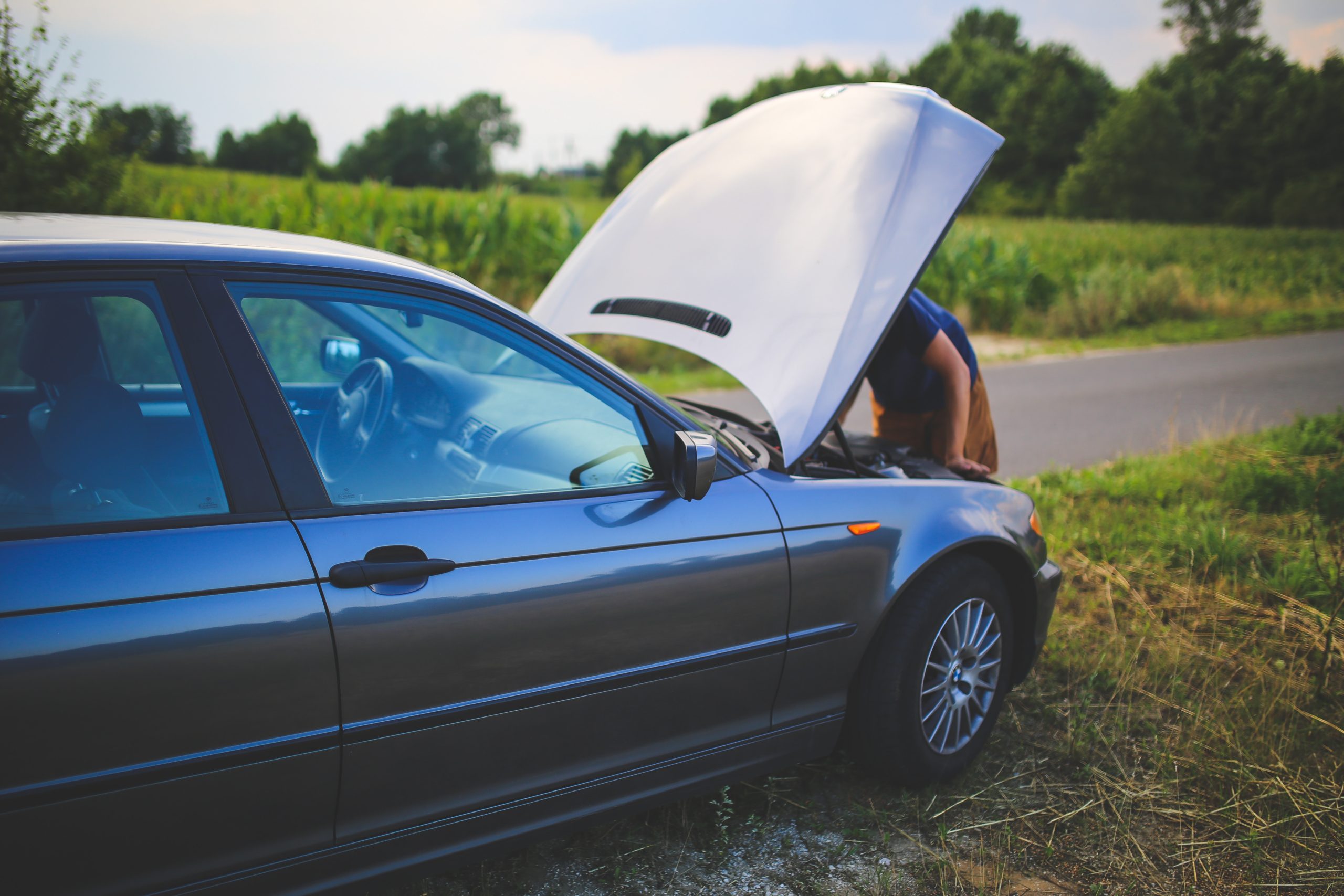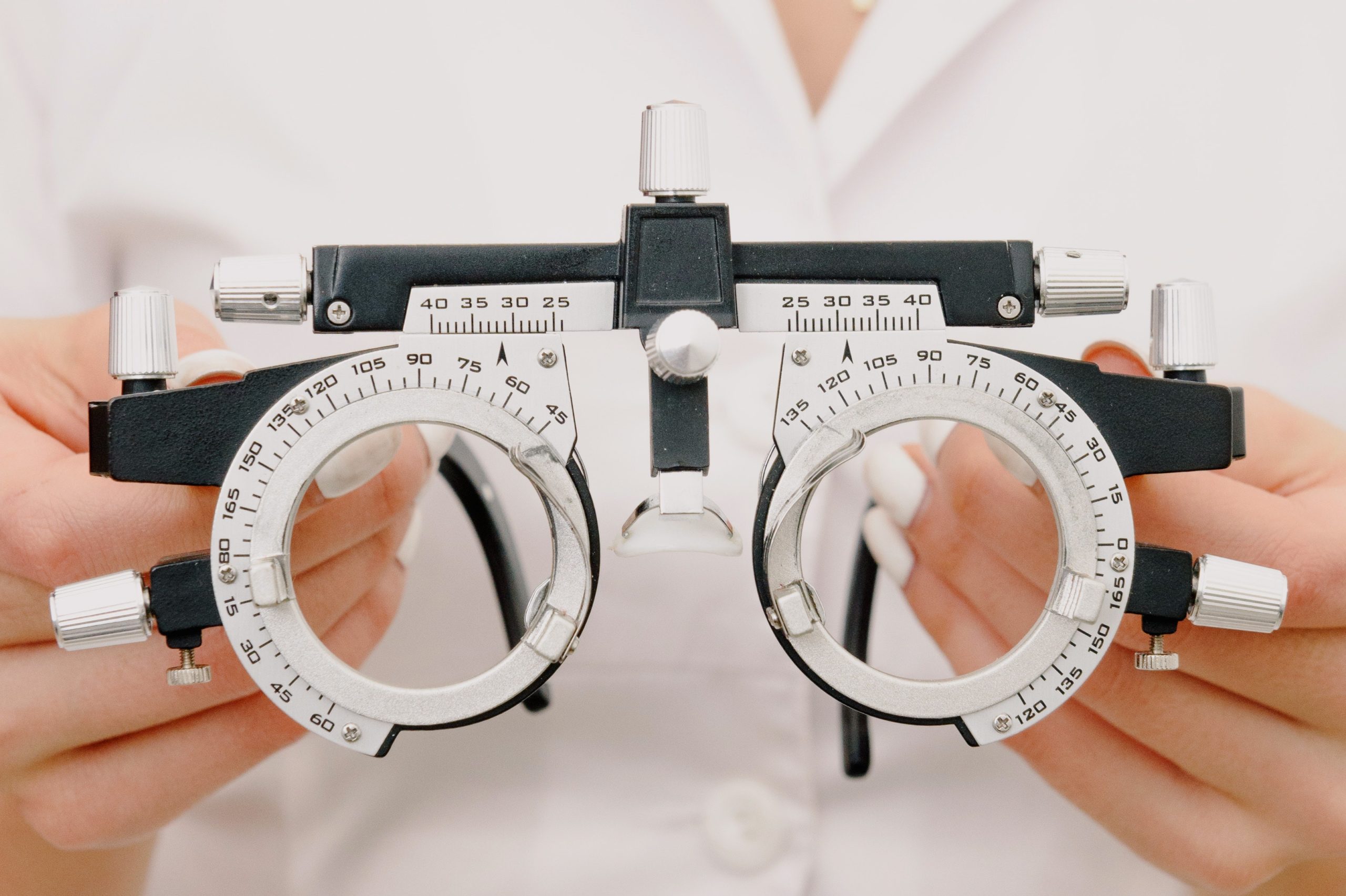
No matter how good of a driver you are, a car accident can happen to anyone, and an accident’s emotional and financial aftermath can last for a very long time. Getting into a car accident in which you are at fault can significantly increase your auto insurance premiums. If a driver has an injury-causing accident on their record, the annual cost of a full coverage auto insurance policy can increase up to 46 percent on average.
Many drivers are concerned about this increase, and although the new premium will be determined by the sort of accident you were involved in, the amount paid out for the claim, your location, and a variety of other considerations. It might be beneficial to learn about the reasons for the premium rise and what alternatives you have to make your new premium more reasonable.
Table of Contents
How an Accident Affects Your Car Insurance Rates
Your car insurance premiums are affected by accidents for three to five years on average; however, this varies by state and insurance provider. Even if it was a small collision, insurance would almost always raise your rates because they see you as a higher risk. So how much do you pay as extra after an accident?
This can vary drastically on your insurer and the state you are residing. A recent survey conducted by valuepenguin shows that:
- A driver who is at fault in an accident spends $832 more per year on average than a driver who does not have any traffic offenses.
- In 44 states and Washington, D.C., average yearly premiums for drivers who had recently caused an accident was more than $500 more than those who had not.
- After an at-fault accident, average premiums climbed by at least 50% in 18 states.
- After an at-fault collision, average premiums in California, Florida, Louisiana, and Texas climbed by more than $1,200 per year.
- At-fault collision remains in your insurance records for around 3 to 5 years, but accidents caused by negligence and reckless driving can stay on records for over 1o years.
Car Insurance Rates if it was Not Your Fault
Only when you commit a car accident that causes damage or injury to others will cause your car insurance premiums to rise. Here are some instances of accidents that will not result in an increase in your insurance rate:
- A hit-and-run driver collided with your vehicle.
- When your car was damaged while it was legally parked.
- Your car was rear-ended by another vehicle, but you were not charged with a moving traffic offense as a result of the collision.
However, if you were a victim of an accident, your auto insurance provider may want proof that you weren’t at fault. Here are a few examples of documents you might want to keep a hold of after an accident that your insurer may ask:
- Papers indicating that the accident was documented in a police report, and it is mentioned that it wasn’t your fault.
- The other driver’s insurance company has issued a statement admitting fault.
- Under penalty of perjury, another driver’s written declaration attesting to blame.
- A legal document proving that you were compensated for harm caused by an accident.
Furthermore, comprehensive insurance claims that are paid do not usually result in premiums to increase. Collisions with animals and damage caused by falling or flying items are also exempted and do not result in an increase in premium.
Why do Insurance Rates Go Up After an Accident?
It is important to understand that insurance companies do not raise prices in order to punish you for your accident. Instead, they regard you as a riskier driver who is more likely to file claims in the future. Insurance companies will pass the risk on to you and charge a higher monthly premium. However, this increase in rates is not permanent, and after a specified period of time, the increase will eventually diminish and come back to its original value.
If your insurance rates have increased as a result of an accident, requesting quotes from different providers may be able to help you decrease your cost. Every insurer evaluates accidents differently and takes a number of factors into consideration to provide you with revised quotes. However, you should know that all the information about your previous claims will be accessible to the new insurer, so do not expect a significant price drop as even your new insurer will consider you a high-risk customer.
Accident Forgiveness Programs
If you are really concerned about the increase in insurance premiums after an accident, you may consider enrolling in an accident forgiveness program. This program entitles you to have a surcharge waived, but you do need to fulfill a few requirements that can vary by provider and state. The majority of accident forgiveness programs waive only one or two at-fault accidents you may encounter in 3-5 years. But if you keep repeating the same mistakes repeatedly, an accident forgiveness program is unlikely to help.
One downside of opting for an accident forgiveness program is that they are usually optional and not included by default in your insurance package. The accident forgiveness program is not available for new drivers, and you may need to pay extra to get this feature which diminishes the whole purpose of taking them in the first place. However, if you have multiple cars insured at the same company and have worked with the insurer for a specific period of time, you may be eligible for free, so do check with your insurer.
How Long Does an Accident Stay on Your Record?
Car accidents often remain on your driving record for three to five years. This is just an estimate and the exact amount of time depends on your condition and the severity of the occurrence. In New York, an accident will remain in your report for around three years, whereas in Oregon and Massachusetts it will be on your record for five years.
If you’re charged with Driving Under Influence (DUI) or careless driving, the charges might stay on your record for up to ten years. For information regarding driving record requirements in your state, go to the Department of Motor Vehicles (DMV) website.
How Can I Lower My Car Insurance Rates After an Accident?
Aside from how much your auto insurance would increase after an accident, the most pressing concern is how you can acquire the lowest possible rate now that the accident is on the records. Even if you don’t qualify for accident forgiveness from your car insurance company, there are still methods to save money when a surcharge is applied. Here are some ways to lower your car insurance rate after an accident:
- Ask for discounts: Although it may feel unpleasant to inquire about prospective price savings after a car accident, you may still be eligible for auto insurance discounts. For example, going paperless might save you money, or if you don’t have a regular commute, you might qualify for a reduced rate.
- Consider usage-based insurance: Driving safely is the best approach to recovering from an at-fault collision. So, take time to get some driving lessons and practice safe driving, and if you think you are ready, you might want to look into usage-based insurance plans. These systems keep track of your driving habits and provide you with a score as well as driving recommendations. You may be eligible for a discount if you do well.
- Improve your credit score: Your credit score affects your insurance quote; however, not all states allow credit scores to be used as a rating factor for insurance. To improve your credit score, stick to your spending budget, pay off debts, and correct any anomalies on your credit report.
- Increase your deductible: A deductible is a sum of money that you must pay out of pocket to cover a loss. When you are involved in a car accident, your deductible is taken from your claim reimbursement, so a larger deductible usually results in a lower monthly premium. Keep in mind that if you raise your deductible, your out-of-pocket payments will be higher in the case of a claim.
- Shop around: Compare car insurance rates if you are dissatisfied with your existing insurer’s costs or service. Shopping around for insurance is one of the most effective methods to save money. While an accident surcharge will follow you to a new vehicle insurance carrier, they may still be able to lower your rates.
- Update your coverage choices: If you are really having financial issues, consider updating your coverage package. Reducing the amount of insurance will decrease the overall monthly premium you have to pay. But do consider discussing with a certified agent before lowering your coverage package.
- Consider a different car: Insurance companies evaluate each car based on its make and model, and more costly vehicles cost more to insure. Check the safety ratings of your car, as some models have a history of incidents and may have a higher insurance premium in general.



